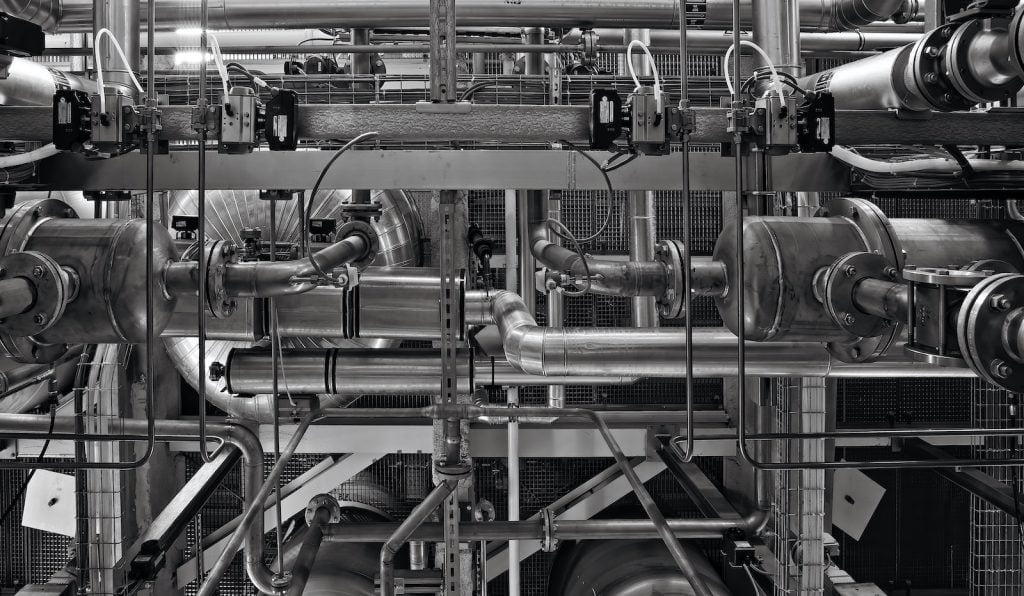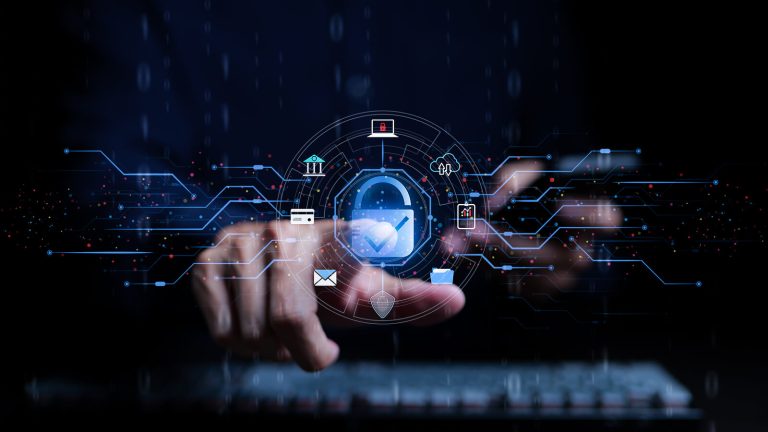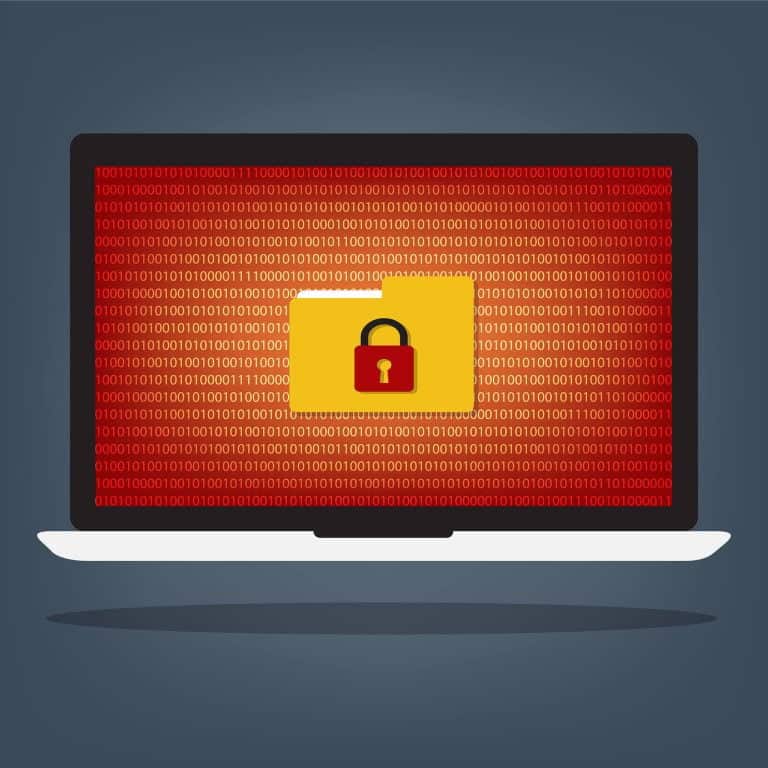Learn why a lack of industrial cybersecurity standards threatens to derail the full potential of the fourth industrial revolution and what needs businesses must do to alleviate risks for the future.
Table of Contents
ToggleIndustry 4.0 promises to bring unprecedented benefits to the manufacturing sector. Technologies like the internet of things (IoT), artificial intelligence (AI), and edge computing could make manufacturing more efficient, flexible, and resilient than ever before. However, poor industrial cybersecurity is threatening that future.
Cyberattacks are a growing problem in all industries. According to one report, 86.2% of organizations worldwide experienced a successful data breach in 2021. That’s the highest percentage to date and the largest increase in annual attacks in six years.
As critical national infrastructure embraces more digital technologies, it becomes more susceptible to these attacks.
The Current State of Industrial Cybersecurity
This rise in cyber attacks is concerning given the state of industrial cybersecurity today. Most industrial infrastructure is woefully underprepared against cybercrime. While attacks struck virtually every sector more frequently in 2020, industrial companies were the second most targeted industry, according to one survey.
The same study found that a hacker could infiltrate the corporate network of a whopping 91% of industrial organizations. Penetration testers were able to access industrial control system (ICS) networks at 75% of them.
This lack of cybersecurity is understandable. In the past, cybercrime wasn’t an issue for critical infrastructure and other industrial applications because they were only accessible via in-person, analog controls. As the industry rapidly digitized, it became open to new threats, but these companies largely didn’t realize it.
Without a history of cybersecurity issues, the sector had little knowledge of how to defend themselves or even the need to do so.
How Poor Cybersecurity Threatens Industry 4.0
While the lack of industrial cybersecurity may be understandable, it isn’t acceptable. Without improved security programs, the industry could see considerable losses, limiting Industry 4.0’s benefits.
Cyber attacks on industrial targets are costly. When the infamous NotPetya ransomware struck Merck’s Philadelphia production plant, it caused $870 million in damages and brought production to a halt. If Industry 4.0 technologies grow without improved cybersecurity, attacks of this magnitude will become more common.
Losses that significant would counteract any benefits that Industry 4.0 brings. Things could go to even further extremes, too, as critical national infrastructure implements these technologies. Cyber attacks on this front could cause millions to lose power, cripple national defenses, or disrupt government communications.
How Industrial Cybersecurity Can Improve
Manufacturing and other industrial sectors have a clear choice in front of them. Either they improve their information security measures, or they put their earnings, staff, and customers in danger. Thankfully, choosing the former is far from an impossible task. Here are a few key ways that industrial cybersecurity can improve.
IoT Security
Perhaps the most crucial area of industrial cybersecurity to address is IoT security. As Industry 4.0 progresses, facilities add more of these connected devices. Despite their benefits, having more connected devices means more possible entry points for cybercriminals, and these technologies often lack strong built-in security.
The first step to securing IoT devices is encrypting their data traffic. Encryption renders the data traveling between devices unreadable to hackers, making it virtually useless if intercepted. Facilities should also require passwords to access these devices and change these passwords from their easily hackable defaults.
Next, businesses should host their IoT devices on separate networks from other systems with more sensitive data. This separation will ensure a compromised IoT endpoint doesn’t provide a gateway to the rest of the company’s systems.
Employee Training
Another aspect of industrial cybersecurity that must improve is employee training. One Deloitte study found that 4 of the top 10 cyber threats facing manufacturing businesses stem from their workers. Human error can jeopardize even the most advanced security systems, so all workers should understand cybersecurity best practices.
Industrial businesses should train all employees to spot phishing attempts, which seek to fool users into giving away information or access. If workers can recognize these attempts and respond appropriately, facilities can prevent many cyber attacks.
Even after offering sufficient training, industrial organizations should consider restricting user access. The less access each employee has, the less damage a compromised account can do. The principle of least privilege, which holds that anyone should only have access to what they need, may be necessary.
Ongoing Improvements
Finally, industrial companies should embrace a spirit of ongoing improvements. Just as manufacturers seek to continually improve their business processes, they should do the same with their cybersecurity measures.
Industrial facilities should consider regular penetration testing. Pen testing involves a cybersecurity expert trying to breach a system to reveal its weaknesses. These tests can show how businesses can adapt to emerging threats, staying safe as cybercriminals develop new methods.
Industry 4.0 Needs High Cybersecurity Standards
Industry 4.0 holds great promise, but if businesses hope to realize those benefits fully, they need to embrace industrial cybersecurity. Better security standards will ensure these new technologies don’t create more problems than they solve.
While Industry 4.0 isn’t inherently dangerous, it does pose new risks. Businesses must adapt to these risks to experience the full potential of the fourth industrial revolution.





